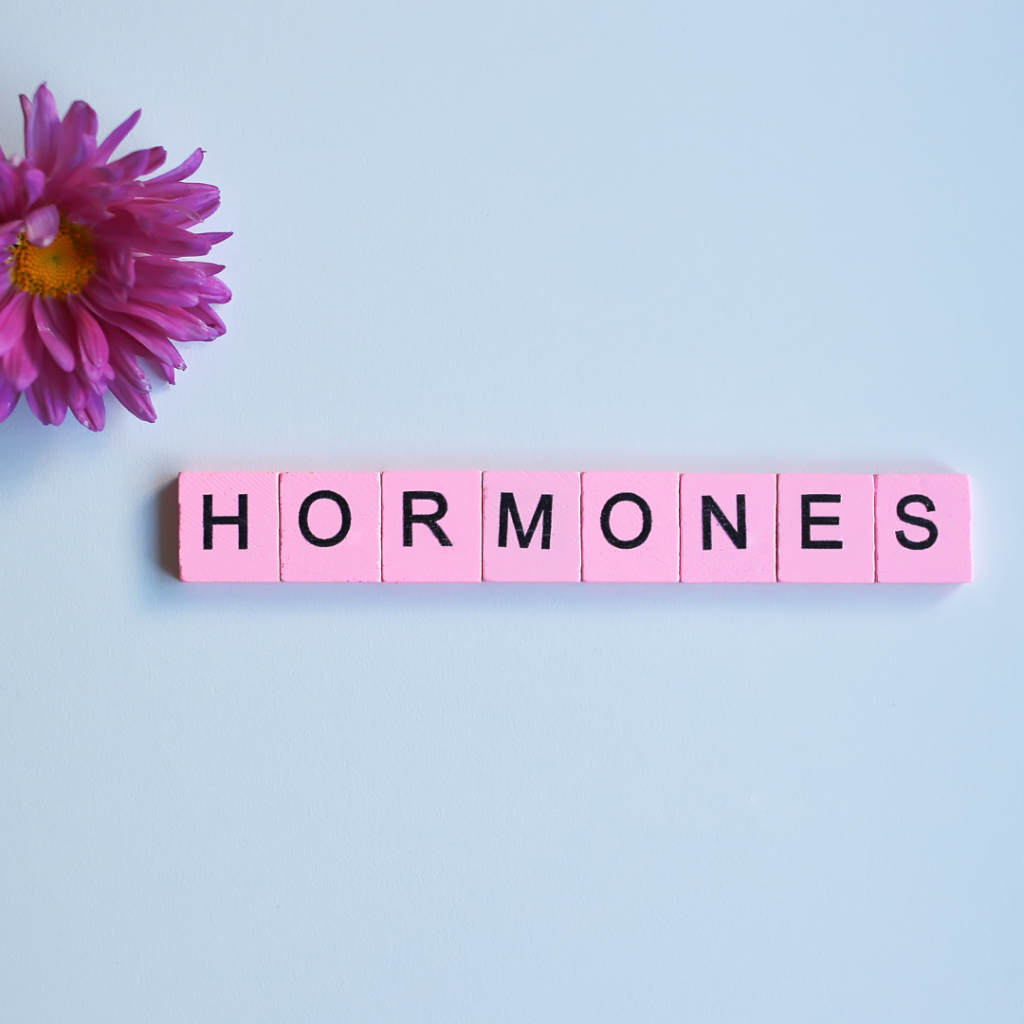In the realm of hormone replacement therapy (HRT), there are two primary types that patients might encounter: bio-identical hormone therapy and traditional hormone therapy. TAG Family NP, a healthcare provider known for its patient-centered approach, offers bio-identical hormone therapy, often preferred for its potential benefits and compatibility with the human body. Here’s a detailed look at the differences between these two forms of therapy and why someone might choose one over the other.

What is Traditional Hormone Therapy?
Traditional hormone therapy involves the use of hormones that are either synthetic or derived from animal products to replace or supplement the hormones naturally produced by the human body. These hormones, such as estrogen, progesterone, and testosterone, are used to treat symptoms associated with hormonal imbalance or deficiency, such as those occurring during menopause or as part of andropause.
Traditional hormones are mass-produced and are not customized to individual needs. They can be effective in alleviating symptoms but may have a higher risk of side effects due to the slight differences in chemical structure compared to human hormones.
What is Bio-Identical Hormone Therapy?
Bio-identical hormone therapy uses compounds that are chemically identical to those the human body produces naturally. These hormones are derived from plant estrogens that are chemically altered to match human hormonal structures exactly. The most common sources for these hormones are soy and yams.
Bio-identical hormones are often touted for their ability to be better recognized by the body, potentially resulting in more effective integration and fewer side effects. They can be tailored to fit the specific hormonal needs of an individual, an approach known as compounding, which allows practitioners to adjust the dosage to the exact amount needed by the patient.
Key Differences
1. Chemical Structure
The most significant difference lies in the chemical structure of the hormones used. Bio-identical hormones mirror the exact structure of human hormones, which proponents argue leads to better absorption and fewer side effects. Traditional hormones, while effective, may not have this same level of bio-compatibility.
2. Customization
Bio-identical hormone therapy often involves a level of customization not typically available with traditional hormone therapy. Compounding pharmacies can create specific dosages tailored to the hormonal needs of individual patients, potentially enhancing the treatment’s effectiveness and minimizing unnecessary side effects.
3. Source of Hormones
Traditional hormones are often derived from synthetic sources or animal products, while bio-identical hormones are typically derived from plant sources and altered to ensure they are structurally identical to human hormones.
4. Potential Risks and Side Effects
While all forms of hormone therapy carry potential risks and side effects, the exact match of bio-identical hormones to human hormones is believed to reduce some of these risks. However, it’s important for patients to discuss all potential risks with their healthcare provider.
Why Choose Bio-Identical Hormone Therapy at TAG Family NP?
At TAG Family NP, bio-identical hormone therapy is provided with a commitment to personalized care. Understanding that each individual’s body and hormonal needs differ, TAG Family NP utilizes detailed testing and consultation to determine the most effective and safe therapy regimen for their patients.
For those interested in exploring hormone therapy options, TAG Family NP is a valuable resource for understanding and accessing bio-identical hormone therapy. Their approach ensures that each patient’s treatment is carefully aligned with their unique physiological requirements, promoting better overall health outcomes.
To learn more about the hormone therapy options available at TAG Family NP, visit their website at https://tagfamilynp.com or contact their office directly to schedule a consultation. Choosing the right type of hormone therapy can significantly affect one’s quality of life, making informed decisions critical in this process.
